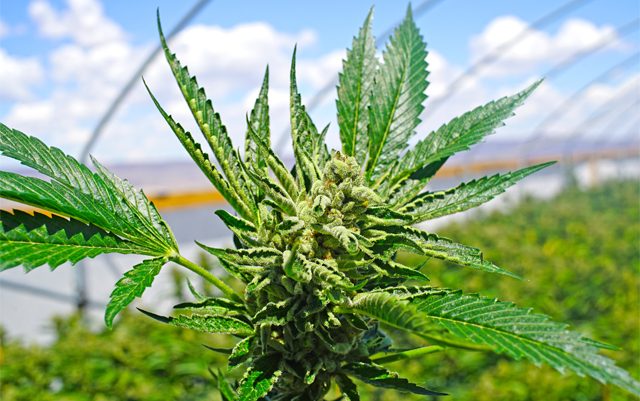It’s been a little over a year since Canadian Prime Minister Justin Trudeau announced his plan to legalize the recreational use of cannabis nationwide. Now, they have unveiled legislation that would do so, but they are running into another potential problem – a shortage of cannabis to sell. With the growing medical marijuana industry – and the rapid growth of the patient base in the last year since the announcement about legalizing recreational marijuana – the limited suppliers are having a hard time keeping up.
This could end up being a big problem for the country who hopes to use legalization as a way to reduce the organized crime surrounding the illegal sale of the plant. The new legislation would put anyone who sells to a minor in jail for up to 14 years – as many advocates and activists have pointed out over the years, a legal system will ID teens for marijuana while a drug dealer won’t bother. However, if there is not enough legal supply to sell when it becomes legal, then the black market could continue to thrive for a while.
“Ultimately the biggest problem that appears after today’s discussion is one of supply,” Ontario Minister of Finance Charles Sousa told Bloomberg. “So we want to make certain that, when we do proceed, there is sufficient supply to accommodate the activity because what we’re trying to do is curb the illicit use and organized crime that now exists around it.”
At first, legal cannabis is likely to be sold only via online orders and mail order and will be delivered through the mail, similar to the current system for medical marijuana in the country. People will also be able to grow up to 4 plants in their households under the new legislation, which will give many people a way to obtain legal cannabis without having to go through mail order or the black market. Dispensaries, however, are probably farther off in the future because there won’t be enough cannabis to supply stores and keep them stocked.
The fear is that this potential shortage could cause the country to delay the implementation of this legislation, waiting for a time when the supply is more abundant to help divert sales from the black market. They are also still working out the taxes that will accompany legal cannabis, and have only said that they hope to keep it low in hopes that people will not continue to feed the illegal market because the price tag is too high. The truth be told, they will have to start looking at licensing new cultivation and processing facilities, or help the current ones expand, to ensure that a shortage of legal marijuana doesn’t affect their plans, or patients needs.






